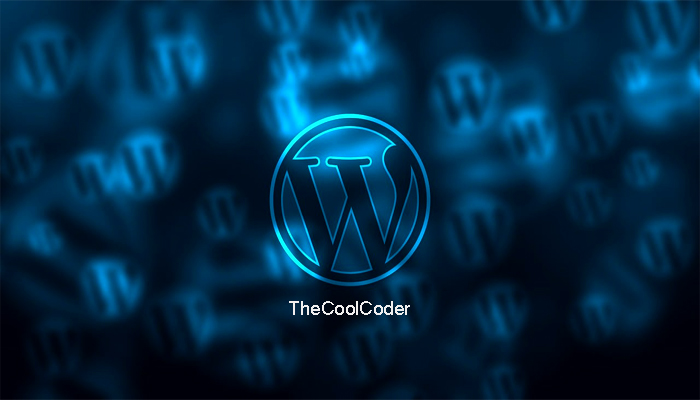As the internet becomes increasingly fast-paced, website speed is becoming more important than ever before. Slow website loading speeds not only lead to a poor user experience but can also lead to lower search engine rankings. In this article, we will discuss how to speed up your WordPress website and improve its performance.

Test Your WordPress Website Speed
The first step in improving website speed is to test your website to identify any issues that may be causing slow loading speeds. This can be done using various tools, such as GTmetrix, Pingdom, and Google PageSpeed Insights.
By using these tools, you can get insights into how fast your website loads and identify any areas that need improvement. These tools also provide recommendations on how to improve website speed.
Factors That Affect Website Speed
Several factors can affect website speed, and it’s essential to understand these factors to improve website performance.
Server Performance
The server on which your website is hosted plays a crucial role in determining website speed. The server’s processing power, memory, and disk speed can all affect website performance.
To ensure good server performance, you should choose a reliable hosting provider with good server infrastructure.
Image Size
Images are one of the essential elements of a website, but they can also be the main cause of slow loading speeds. Large image sizes can slow down your website, leading to a poor user experience.
To optimize image size, you can use compression tools, such as WP Smush or EWWW Image Optimizer. These plugins can compress images without losing their quality, resulting in smaller file sizes and faster website loading speeds.
Caching
Caching is the process of storing website data on a user’s device or browser to improve website performance. When a user visits your website, the cached data is loaded, resulting in faster loading speeds.
You can use caching plugins, such as W3 Total Cache or WP Fastest Cache, to enable caching on your website and improve website performance.
Plugins
Plugins can provide additional functionality to your website, but they can also slow down your website. The more plugins you have installed on your website, the slower your website will be.
To optimize website speed, you should minimize the use of plugins and only use essential plugins that add value to your website.
Theme
Your website’s theme can also affect website speed. Heavy themes with a lot of features and functionality can slow down your website.
To improve website speed, you should choose a lightweight theme that has a minimalist design and doesn’t have too many features.
How To Speed Up Your WordPress Website
Now that we have discussed the factors that affect website speed let’s look at how to speed up your WordPress website.
Choose a Good Hosting Provider
Choosing a good hosting provider is the first step in improving website speed. You should choose a hosting provider that has good server infrastructure and provides excellent uptime and support.
Some of the best hosting providers for WordPress websites include Bluehost, SiteGround, and WP Engine.
Optimize Images
As we discussed earlier, images can significantly slow down your website. To optimize images, you can use compression tools that reduce the file size without affecting the quality of the image.
Another way to optimize images is to use lazy loading. Lazy loading only loads images when they are visible on the screen, reducing the number of requests made to the server.
Use Caching Plugins
Caching plugins can help improve website speed by storing website data on the user’s device or browser. This reduces the number of requests made to the server and speeds up website loading times.
You can use caching plugins, such as WP Super Cache or WP Rocket, to enable caching on your website.
Minimize the Use of Plugins
Plugins can significantly slow down your website, and using too many plugins can lead to poor website performance.
You should only use essential plugins that add value to your website and remove any plugins that are not necessary.
Choose a Lightweight Theme
Choosing a lightweight theme can significantly improve website speed. Heavy themes with a lot of features and functionality can slow down your website, while lightweight themes have a minimalist design and do not have too many features.
You should choose a lightweight theme that is optimized for speed and performance. Some good examples of lightweight themes include Astra, GeneratePress, and OceanWP.
Conclusion
Website speed is critical for providing a good user experience and improving search engine rankings. In this article, we discussed how to speed up your WordPress website by testing website speed, identifying factors that affect website speed, and optimizing various elements of your website, including hosting, images, caching, plugins, and themes.
By implementing these techniques, you can significantly improve your website’s loading speeds and provide a better user experience for your visitors.